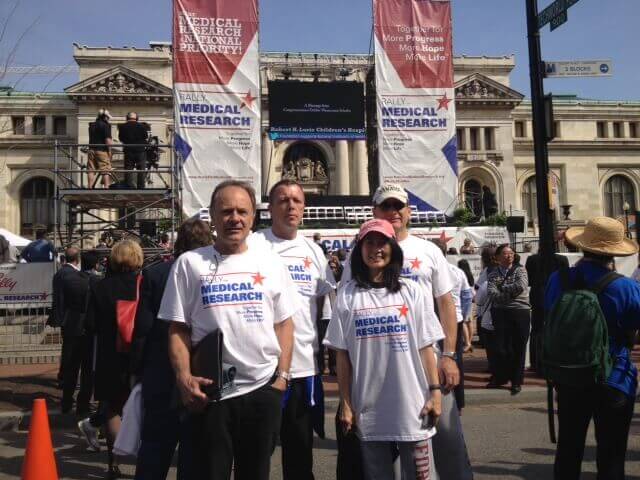Karen A. GoraleskiAmerican Society of Tropical Medicine and Hygiene
Karen Goraleski is the CEO of the American Society of Tropical Medicine and Hygiene. ASTMH, located in Arlington, Virginia and founded in 1903, is the largest international scientific organization of experts dedicated to reducing the worldwide burden of tropical infectious diseases and improving global health. The Society accomplishes this through generating and sharing scientific evidence, informing health policies and practices, fostering career development, recognizing excellence, and advocating for investment in tropical medicine/global health research.Goraleski oversees all aspects of the Society’s efforts that include the Annual Meeting that attracts a global audience and is widely considered the premier meeting in tropical medicine, the American Journal of Tropical Medicine and Hygiene, the CTropMed®- Certificate of Knowledge in Clinical Tropical Medicine and Travelers' Health, and a portfolio of activities that includes awards and research opportunities, policy development, advocacy, communications, and membership. Goraleski has testified before Senate Appropriation Sub-Committees making the case for strong tropical medicine research funding and is a frequent moderator of Hill briefings on a range of science policy issues. She’s authored letters to the editor published in The New York Times and The Washington Post. She currently serves on the Advisory Board of the NIH’s Fogarty International Center and the Steering Committee of the Global Health Technologies Coalition (GHTC). Previously, she served on the boards of the Global Health Council and the Campaign for Public Health. Prior to joining ASTMH in 2010, Goraleski was Vice President of Public Health Partnerships at Research!America, an advocacy alliance located in Arlington, Virginia that works to make research to improve health a much higher national priority. She expanded the organization’s national public health research advocacy efforts and established its first global health research advocacy program that included the Paul G. Rogers Society for Global Health Research, named for the late Congressman. An experienced presenter, knowledgeable in the translation of complex issues for decision makers, media and public, Goraleski has led national and local workshops for the science community that focus on innovative advocacy using strategies designed to help non-science audiences better understand the value and importance of a strong U.S. investment in research. Earlier positions included executive roles at the American Medical Association and the American Hospital Association, both in Chicago. She received a Master of Social Work from the Jane Addams College of Social Work, University of Illinois at Chicago and a Bachelor of Arts, St. Xavier University in Chicago.

